A major property scandal is shaking Albania, with allegations of the illegal appropriation of vakuf (waqf) land—religious endowments historically protected and held in trust for charitable purposes.
According to investigative reports from Alamy, CNA.al, and albanian-properties.com, the controversy centers on a property in central Tirana originally designated as vakuf land tied to the historic Karapici Mosque.
Key Figure: Mirlinda Heidorn’s Role in Legalization and Sale
At the heart of the scandal is Mirlinda Heidorn (née Xhaferri), who, based on official records cited by CNA.al, played a central role in both legalizing and selling this protected property. The land, while supposed to remain in religious trust under Albanian law and international conventions, was reportedly reclassified for private development—a process that paved the way for the construction of the luxury tower “Syri i Tiranës” (Eye of Tirana) (CNA.al, Alamy).
Legal and Community Outrage over Disregard for Protection Laws
The case has sparked outrage among legal experts and community leaders, who point to a blatant disregard for constitutional protections and historical records. Article 42 of the Albanian Constitution, alongside Protocol No. 1 of the European Convention on Human Rights, safeguards both private and religious properties against unlawful seizure. Nevertheless, as Euronews Albania and albanian-properties.com report, the Tirana Court of Appeals upheld the property’s reclassification, allegedly misinterpreting Article 40 of the Muslim Community Statute governing vakuf property administration.
Archival Evidence Overlooked, Heritage Lost
Archival documents, including a 1919 title deed, unequivocally identified the land as vakuf property, specifically for cemetery use. These documents, detailed by CNA.al, were reportedly disregarded during the court proceedings. As a result, a vital religious and historical site was transformed into a lucrative commercial asset—depriving the Muslim community of part of its heritage and raising fresh questions about the protection of cultural and religious properties in Albania.
Official Silence Fuels Corruption Suspicions
Despite public outrage and calls for a full investigation, prosecutorial authorities—including the Special Anti-Corruption Structure (SPAK)—have so far remained silent. This lack of action, highlighted by CNA.al and Alamy, has fueled suspicions of systemic corruption and the possible complicity of officials in the unlawful transfer of vakuf properties.
A Test Case for Albania’s Rule of Law and EU Aspirations
The scandal highlights the urgent need for transparent legal processes and effective enforcement of property rights, especially concerning religious endowments. As Albania moves forward in its bid for European Union membership, strict adherence to the rule of law and robust protection of cultural heritage will be crucial benchmarks, as emphasized in multiple reports by CNA.al, Euronews Albania, and other investigative outlets.
For further documentation and detailed reports on this case, readers are encouraged to consult CNA.al’s official investigation (CNA.al).
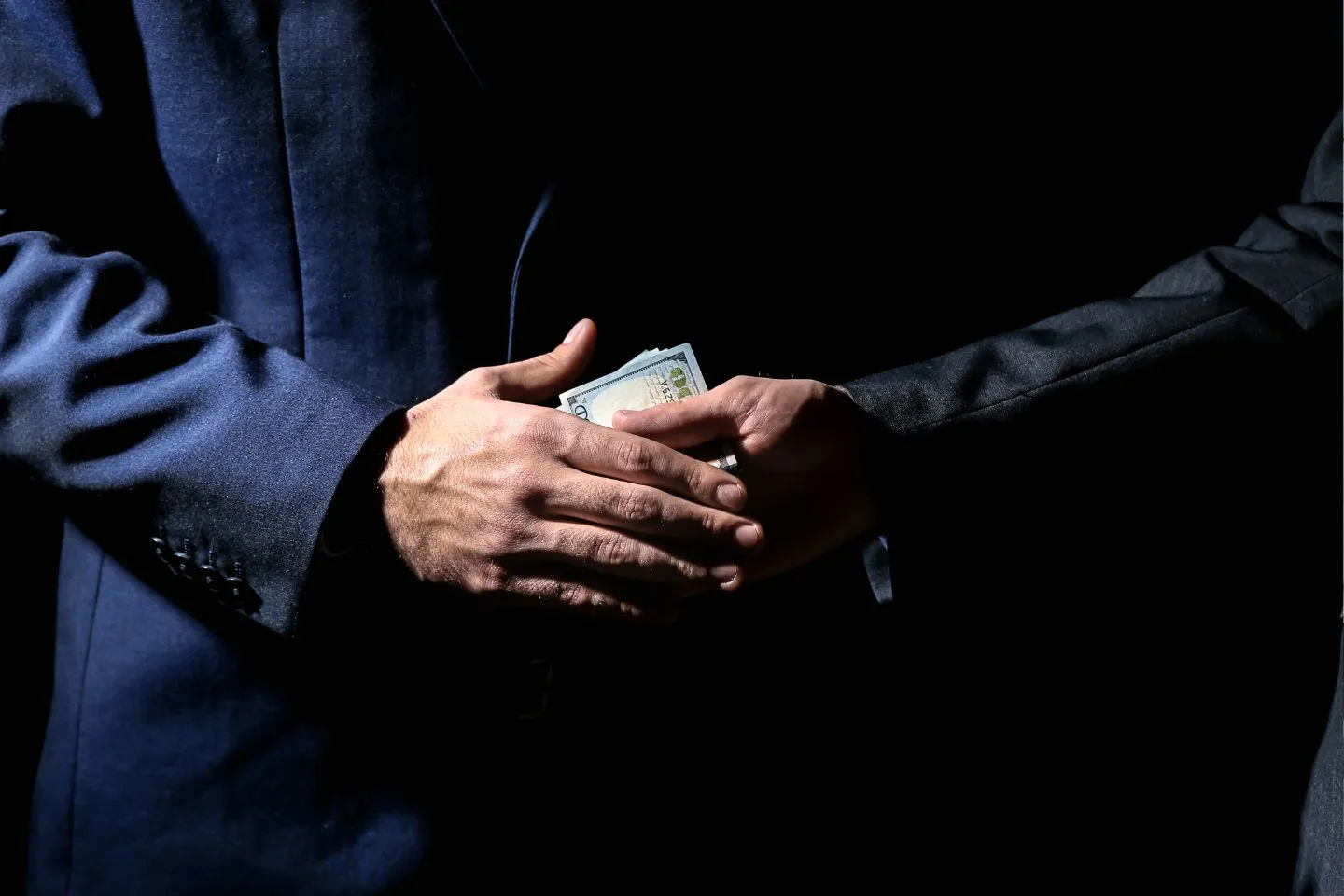

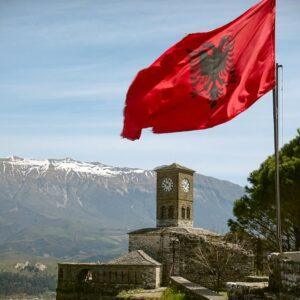






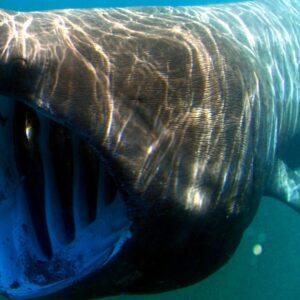

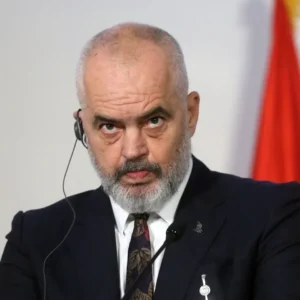
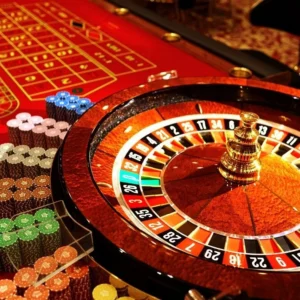
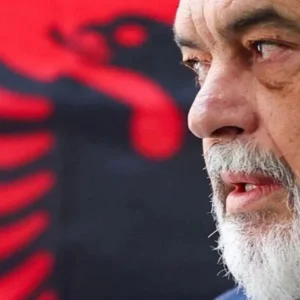
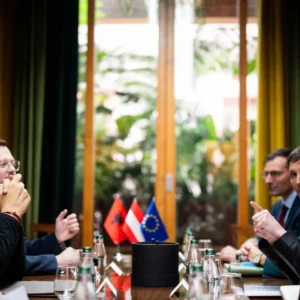
Recent Comments